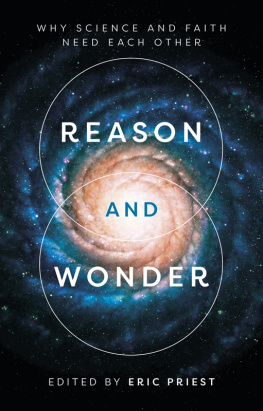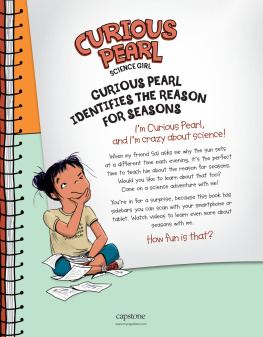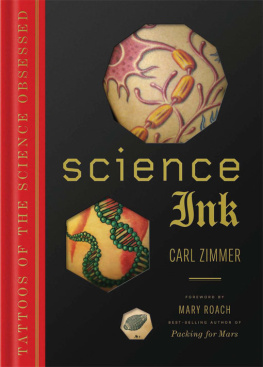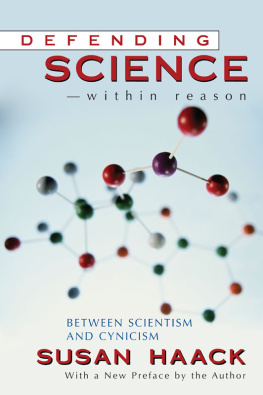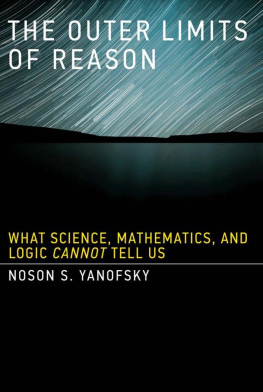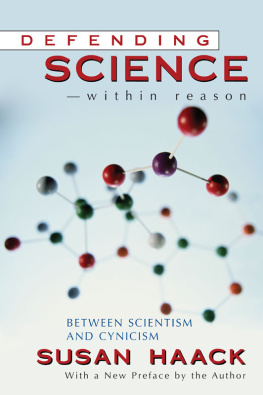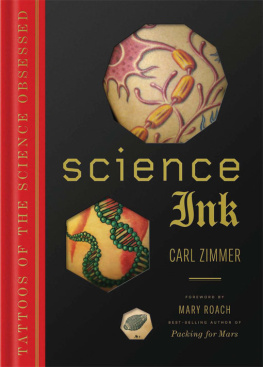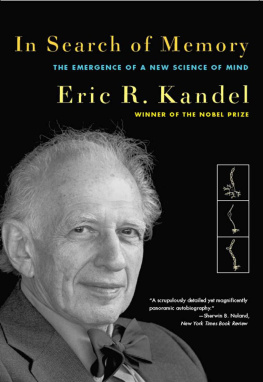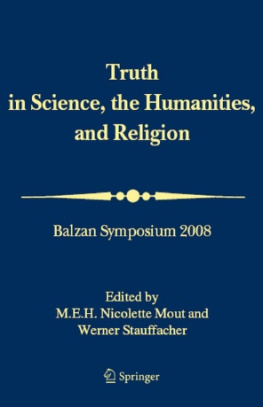Eric Priest was appointed a lecturer (1968) and professor (1983) at St Andrews University, where he founded an internationally renowned research group on solar theory. His research involves modelling the subtle interaction between the plasma atmosphere of the Sun and its magnetic field, responsible for much dynamic behaviour in the universe.
He sits on the Doctrine Committee of the Scottish Episcopal Church and is on the Board of Trustees of the John Templeton Foundation. Since 2007 he has helped organize a series of popular James Gregory public lectures on science and religion in St Andrews.
Honours include being elected a Member of the Norwegian Academy of Sciences and Letters (1994) and a Fellow of the Royal Society (2002). In 2002 he was awarded the Hale Prize of the American Astronomical Society and in 2009 the Gold Medal of the Royal Astronomical Society. In 2015 St Andrews University awarded him an honorary DSc.
He has edited 15 books, and written three research monographs and 460 journal papers. Hobbies include singing, playing bridge, climbing hills, keeping fit and enjoying time with his family (most recently twin granddaughters).
First published in Great Britain in 2016
Society for Promoting Christian Knowledge
36 Causton Street
London SW1P 4ST
www.spck.org.uk
Copyright Eric Priest 2016
The authors of the individual chapters included in this work have asserted their rights under the Copyright, Designs and Patents Act, 1988, to be identified as such.
All rights reserved. No part of this book may be reproduced or transmitted in any form or by any means, electronic or mechanical, including photocopying, recording, or by any information storage and retrieval system, without permission in writing from the publisher.
SPCK does not necessarily endorse the individual views contained in its publications.
The author and publisher have made every effort to ensure that the external website and email addresses included in this book are correct and up to date at the time of going to press. The author and publisher are not responsible for the content, quality or continuing accessibility of the sites.
Unless otherwise noted, Scripture quotations are taken from the New Revised Standard Version of the Bible, Anglicized Edition, copyright 1989, 1995 by the Division of Christian Education of the National Council of the Churches of Christ in the USA. Used by permission. All rights reserved.
Extracts marked NIV are taken from the Holy Bible, New International Version (Anglicized edition). Copyright 1979, 1984, 2011 by Biblica (formerly International Bible Society). Used by permission of Hodder & Stoughton Publishers, an Hachette UK company. All rights reserved. NIV is a registered trademark of Biblica (formerly International Bible Society). UK trademark number 1448790.
Extracts marked CEB are taken from the Common English Bible, CEB Copyright 2010, 2011 by Common English Bible. Used by permission. All rights reserved worldwide. The CEB and Common English Bible trademarks are registered in the United States Patent and Trademark Office by Common English Bible. Use of either trademark requires the permission of Common English Bible.
Extracts marked KJV are taken from the Authorized Version of the Bible (The King James Bible), the rights in which are vested in the Crown, and are reproduced by permission of the Crowns Patentee, Cambridge University Press.
Extracts marked ESV are taken from The Holy Bible, English Standard Version, copyright 2001 by Crossway Bibles, a division of Good News Publishers. Used by permission. All rights reserved.
British Library Cataloguing-in-Publication Data
A catalogue record for this book is available from the British Library
ISBN 9780281075249
eBook ISBN 9780281075256
eBook by Graphicraft Limited, Hong Kong
Contents
Mark Harris is Senior Lecturer in Science and Religion at the University of Edinburgh. His first academic career was in physics, but after studying theology as preparation for ordained ministry, he became enthralled with biblical studies. After several years in chaplaincy and cathedral ministry he now combines his interests by running Edinburghs masters programme in science and religion. He is interested in the ways that modern science has affected biblical interpretation, especially in understandings of creation and of miracle. He is the author of The Nature of Creation: Examining the Bible and Science (Acumen/Routledge, 2013).
Kenneth R. Miller is Professor of Biology at Brown University in Providence, Rhode Island. A cell biologist, he is the co-author of numerous biology textbooks widely used in US schools. He is also the author of the popular book Finding Darwins God: A Scientists Search for Common Ground between God and Evolution (HarperCollins, 1999). In 2014 he was presented with the Laetare Medal by Notre Dame University, an award described as the the oldest and most prestigious honour given to American Catholics.
Michael J. Murray oversees the programme departments of the John Templeton Foundation. Before joining the Foundation, he was the Arthur and Katherine Shadek Humanities Professor of Philosophy at Franklin and Marshall College. Dr Murray received his MA and PhD from the University of Notre Dame. He is the author of Philosophy of Religion: The Big Questions (with Eleonore Stump) (Blackwell, 1999), Reason for the Hope Within (Eerdmans, 1998), An Introduction to the Philosophy of Religion (with Michael Rea) (Cambridge University Press, 2008), Nature Red in Tooth and Claw: Theism and the Problem of Animal Suffering (Oxford University Press, 2011), The Believing Primate: Scientific, Philosophical, and Theological Reflections on the Origin of Religion (with Jeffrey Schloss) (Oxford University Press, 2011), Divine Evil? The Character of the God of the Hebrew Bible (with Michael Rea and Michael Bergmann) (Oxford University Press, 2013) and Dissertation on Predestination and Election (Yale University Press, 2016).
David G. Myers is Professor of Psychology at Hope College in Holland, Michigan. His scientific writings, supported by National Science Foundation grants and fellowships, have appeared in three dozen academic periodicals. He has also digested psychological research for the public through articles in four dozen magazines and 17 books, including general interest books and textbooks for introductory and social psychology.
Eric Priest is Emeritus Professor of Mathematics at St Andrews University. A Fellow of the Royal Society, his research concerns the plasma physics of the dynamical behaviour of the Suns atmosphere. This includes mechanisms for heating the Suns corona to 1 million degrees centigrade and the nature of solar flares and huge eruptions that may interact with the Earths environment. He has helped organize a series of James Gregory public lectures on science and religion in St Andrews since 2007. He is on the Advisory Board of the Faraday Institute and the Board of Trustees of the John Templeton Foundation.
Pauline Rudd is Research Professor of Glycobiology at University College, Dublin, and at the National Institute for BioProcessing Research and Training (NIBRT) in Ireland. She is also an Associate of the Anglican Community of St Mary the Virgin in Wantage, Oxfordshire. Her GlycoScience team sets out to define pathways involved in disease processes and to ensure the safety and efficacy of biotherapeutic drugs for cancer and autoimmune disorders. She has developed strategies for analysing glycans and discovering clinical markers for the diagnosis and treatment of cancers. Professor Rudd is a Fellow of the Royal Society of Medicine. She received a Waters Centre of Innovation Award in 2012 and an Honorary Doctorate at the University of Gothenburg in 2014. Before moving her group to Dublin in 2006, she was Reader in Glycobiology at Oxford University.

